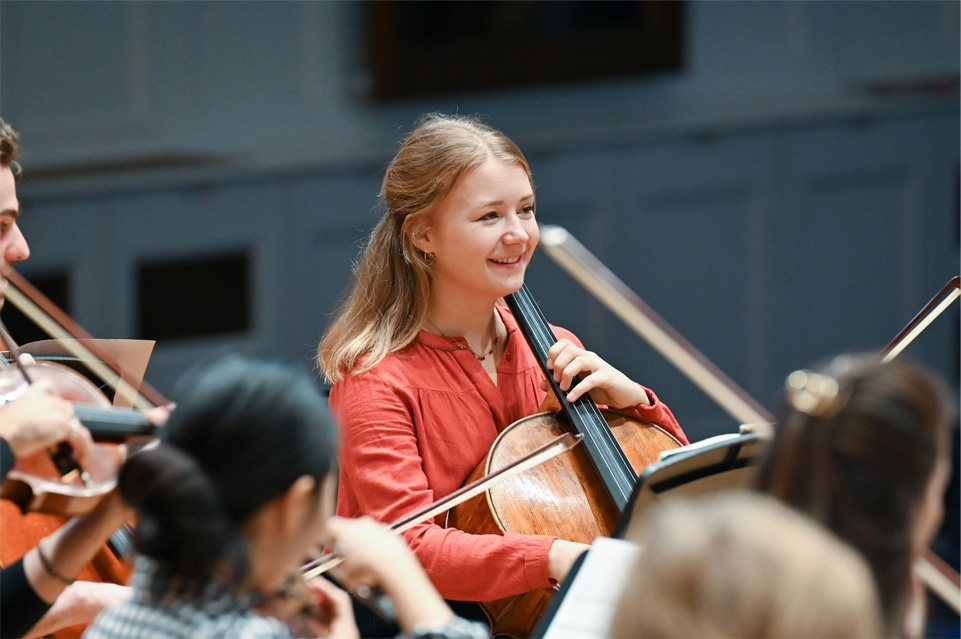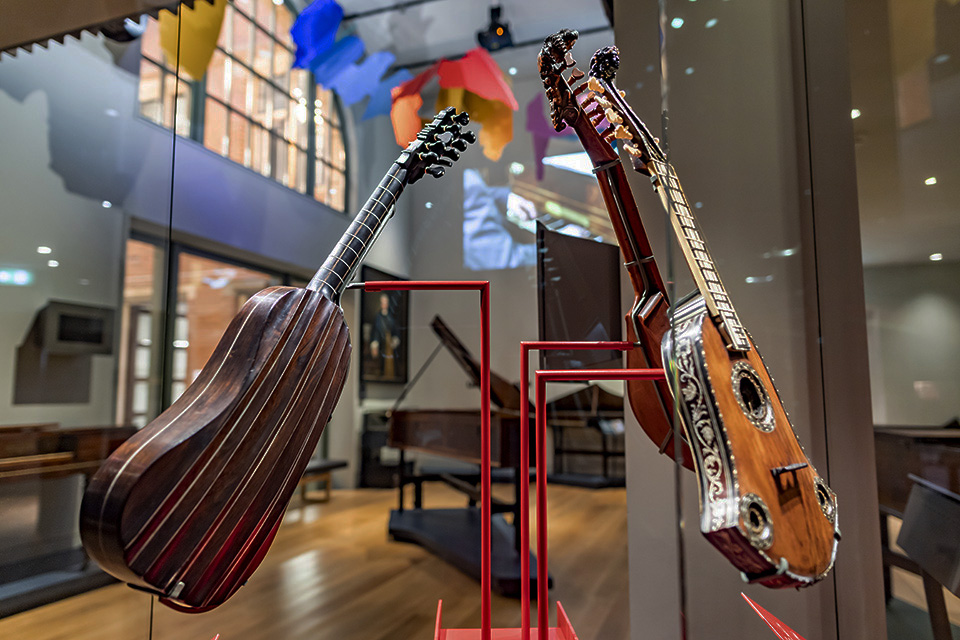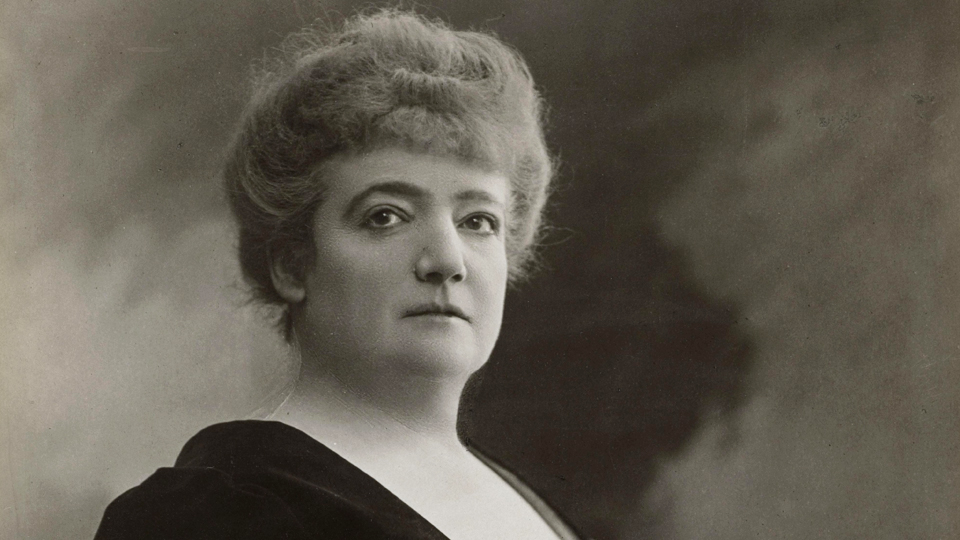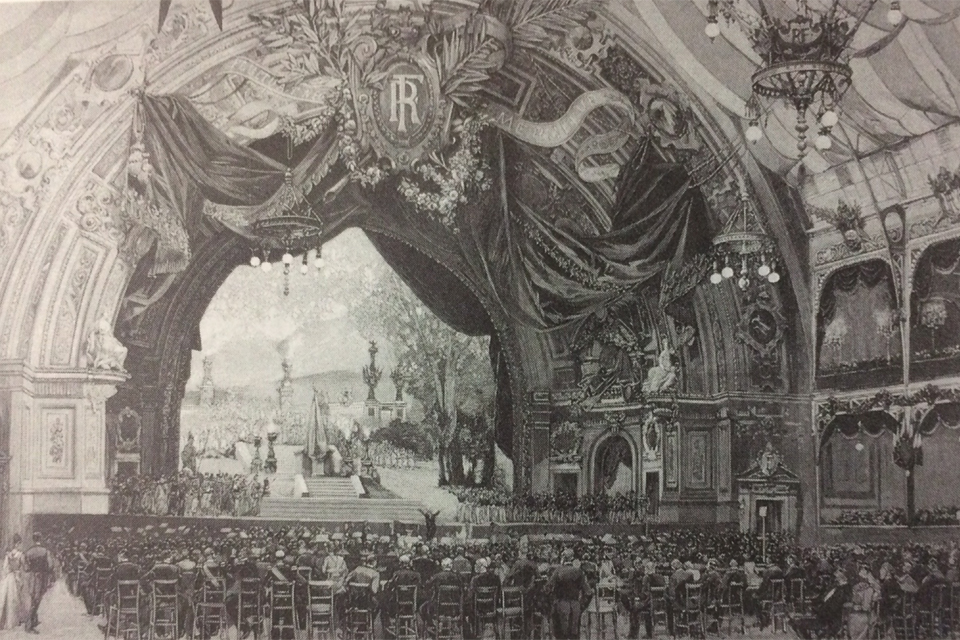Dr Anastasia Belina is researching the life and work of composer Augusta Holmès as part of a wider project for the BBC and AHRC.
Augusta Mary Anne Holmès (1847–1903) was a French composer of Irish descent, who had to fight for the right to become a musician—her mother actively discouraged it, and only after her death was Augusta able to take music lessons. By 1875, her compositions were performed in France, and she became a celebrity in Parisian cultural circles. A disciple of César Franck, she was also a close friend of Franz Liszt, who admired her work and encouraged her to keep composing. She corresponded with the cultural elite of Europe, and held her own very popular salon from an early age.
Holmès declared ‘I must show the males what I’m made of!’ as she set out to compete in a male dominated profession. Her success is strikingly ‘modern’: she was entrepreneurial, and an excellent self-promoter with a highly developed emotional intelligence. She produced big, grandiose works when women were expected to write songs and salon pieces. Holmès came second in the inaugural City of Paris competition in 1878 with the programmatic symphony Lutéce, her first major work.Cast in three parts and scored for four soloists, narrator, chorus, children’s chorus, and large orchestra, the symphony is about the city under the attack and its fall to the Romans (a clever allusion to the city’s siege and France’s defeat in the Franco-Prussian war only a few years earlier).
She did not live her life professionally and personally, in the way society expected. As sole beneficiary of her father’s fortune she published under her own name and was the official owner of her works. She lived openly as the mistress of prominent literary figure Catulle Mendèz, but never publicly acknowledged the five children she had with him.
Her impressive musical output includes dramatic symphonies and symphonic poems, choral works (some still unpublished), two operas, and many songs. Her music was conceived for large forces, with inspirations drawn from classic myths, and, like Wagner, she wrote almost exclusively her own texts and libretti to her choral, vocal and operatic works. Holmès’ powerful, energetic music bears witness to how this woman held her own in a sphere where men exerted so much influence. Her compositions were often characterised as ‘masculine’ and ‘virile’ by the men she competed against.
Many of her compositions were written in support of patriotic or humanistic causes, such as Ludus pro patria (1888), Irlande (1882), Pologne (1883), and it is not surprising, then, that she was commissioned to write Ode triomphale for the 1889 Exposition Universelle, the year that saw the iconic Eiffel Tower rise above Parisian rooftops.
This research is being undertaken as part of the BBC and AHRC project ‘Forgotten Female Composers’, which has already resulted in several outputs. Schott has produced two publications of Holmès's compositions, and her Allegro Feroce was premiered by the BBC Concert Orchestra and broadcast live on Radio 3 as part of International Women's Day 2018. Her three-movement symphony Roland furieux premiered on 8 March, International Women’s Day 2019 in Cardiff.













